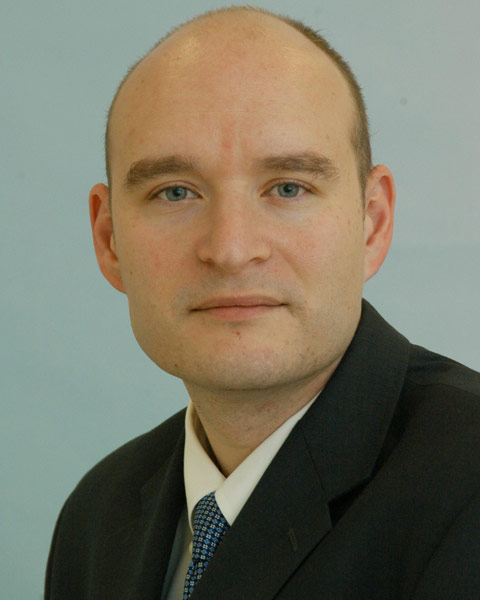
Buprenorphine Dose and Treatment Outcomes: is 16 mg/day Enough? (1 CME)
-
Register
- Regular Member - $21
- Retired - $21
- Early Career Physician - $21
- Resident - $16
- Student - $16
- Associate - $16
- ASAM Staff - Free!
- Non-Member - $27
- International Member - $21
- Emeritus Member - $21
- Provisional Member - $21
- Fellow Member - $21
- Honorary Member - $21
- CRT Member - $21
Focus Session Proposal:

Anthony J. Accurso, MD
Assistant Professor of Medicine
Anthony Accurso, MD, grew up in New York City and attended Hunter College High School. He received his B.A. with honors in Biology from Dartmouth College in 1999. He taught high school science for six years before enrolling in medical school. He completed medical school at SUNY Downstate, in Brooklyn NY in 2010. He completed his residency in Internal Medicine at Johns Hopkins Bayview in 2013, and then joined the faculty there. He is currently an Assistant Professor of Medicine in the Division of Chemical Dependence. He is an ASAM member and passed the Addiction Medicine board exam in October 2015. He is also the faculty director of Providers for Responsible Ordering, a group that promotes high-value care.

Darius Rastegar, MD, FASAM
Associate Professor
Dr. Rastegar provides treatment for substance use disorders in an outpatient primary care setting and an inpatient unit. He is an Associate Professor of Medicine at Johns Hopkins University School of Medicine and is the medical director for the Chemical Dependence Unit at Johns Hopkins Bayview Medical Center. He is the co-author of The ASAM Handbook of Addiction Medicine.

